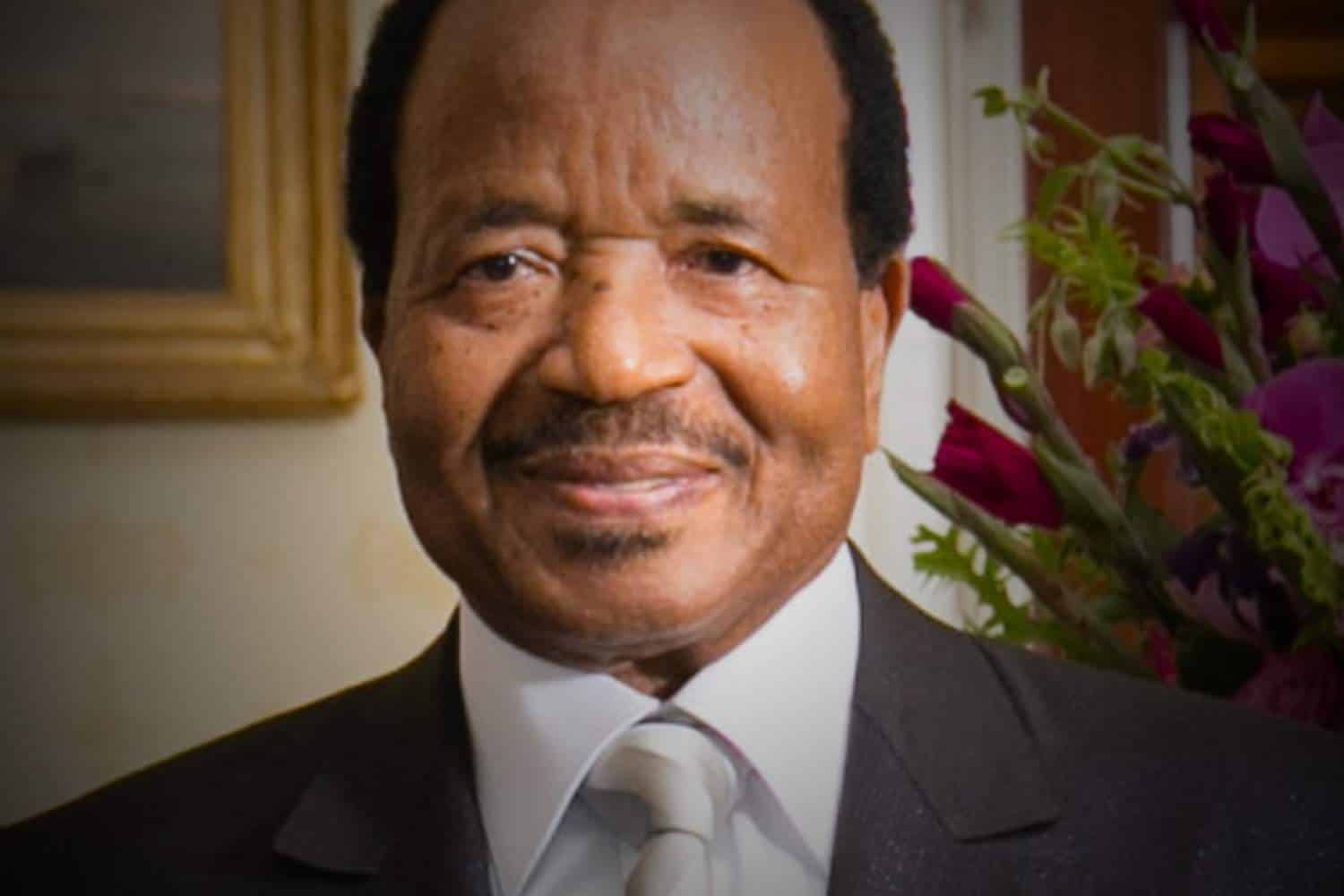Paul Biya, Cameroon’s president since 1982, has won the country’s 2025 presidential election, extending his rule to over four decades.
The Constitutional Council announced on Sunday, 26 October 2025, that Biya secured 53.66% of the vote, defeating his main rival, former minister and ex-ally Issa Tchiroma Bakary, who received 35.19%.
According to BBC News Pidgin, Constitutional Council President Clément Atangana declared Biya “elected president of the republic” after confirming that he had obtained the majority of votes cast in the election held on 12 October.
Voter turnout was 57.76%, while abstention stood at 42.24%. The council presented results from all ten regions, showing strong support for Biya in the Centre, East, South, and North-West regions, where he earned up to 90.86% in his home province.
Biya, 92, remains Africa’s oldest head of state and the second-longest-serving leader on the continent after Teodoro Obiang Nguema Mbasogo of Equatorial Guinea.
He first came to power in 1982 after the resignation of Ahmadou Ahidjo, Cameroon’s founding president. His long tenure has made him one of the world’s longest-serving non-royal leaders.
Regional results from the Constitutional Council showed Biya performing particularly well in the southern and eastern parts of the country, while Tchiroma dominated in the northern and coastal Littoral regions.
Among Cameroonians abroad, Tchiroma won the majority of votes from voters in Europe, Asia, and the Americas, although the overall diaspora turnout was low.
The election was contested, with the opposition alleging irregularities such as ballot-stuffing and biased oversight.
Eight petitions challenging the results were dismissed by the Constitutional Council, which said the claims lacked sufficient evidence or fell outside its jurisdiction.
Despite this, Tchiroma declared himself the “legal and legitimate president,” claiming his campaign’s own tally showed him winning 55% of the vote.
Following the announcement, protests broke out in Douala and Garoua, where opposition supporters clashed with police.
The regional governor, Samuel Dieudonné Diboua, said four people were killed and several police officers were injured. Authorities have opened investigations into the violence, which officials described as “premeditated acts of disorder.”
Biya’s supporters celebrated his re-election, calling it proof of the population’s confidence in his leadership.
His party, the Cameroon People’s Democratic Movement (CPDM), dismissed opposition claims of fraud and praised the election as “transparent and fair.”
During his 43 years in power, Biya has overseen both infrastructure expansion and criticism over governance and human rights. Supporters credit him with maintaining national stability and handling diplomatic disputes such as the Bakassi Peninsula resolution with Nigeria.
However, his administration continues to face accusations of authoritarianism and corruption, as well as challenges from an ongoing separatist conflict in Cameroon’s English-speaking regions and high youth unemployment .
Paul Biya’s new term extends his presidency into its fifth decade, reinforcing his position as one of Africa’s most enduring political figures.
